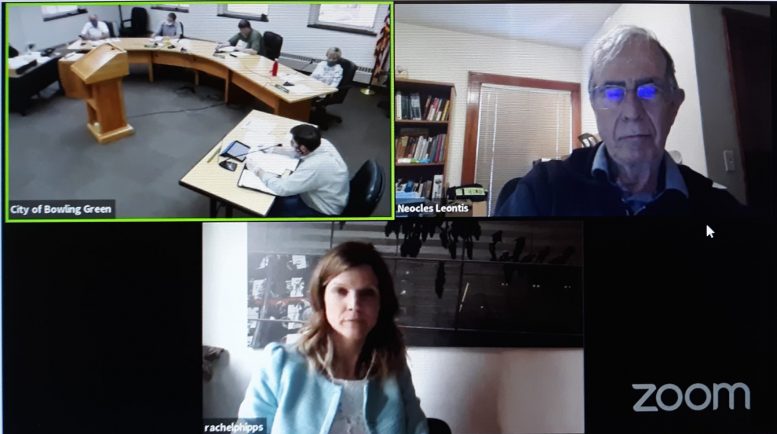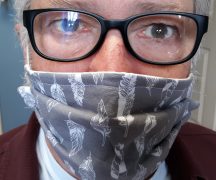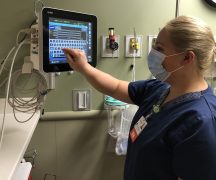By JAN LARSON McLAUGHLIN
BG Independent News
Bowling Green has been promised $182,000 in HUD funding – but is waiting to find out how that money can be used to help local residents affected by the coronavirus pandemic.
“We are working very hard to determine how to get money quickly into the hands of people who need it,” Mayor Mike Aspacher said Monday evening during a City Council meeting.
It is unknown if the funding can be used to help people unable to afford their rent due to losing employment because of the stay-at-home order.
“We’re working on how we can best utilize the funds to help residents of our community,” Aspacher said.
The economic impact of the pandemic on the city is also unknown – but it’s not going to be good, the mayor said. The city is expecting a significant drop in income tax revenue.
And the cuts expected at Bowling Green State University will also be felt at the city level.
“Negative impact on them trickles down to us,” Aspacher said.
In other business Monday evening, council member Greg Robinette introduced a resolution seeking equitable distribution of coronavirus aid to local governments. The legislation asks that federal and state funding be sent to local governments of all sizes.
Council expedited the resolution, gave it all three readings and unanimous support Monday evening.
“This is important,” Robinette said. “We need to send a message to our elected officials that the first round didn’t go well for us.”
Council President Mark Hollenbaugh agreed.
“I think it’s essential. So much that we do is contingent on money that’s not coming in right now,” he said.
“This is of utmost importance,” council member Sandy Rowland said in support of the resolution.
Municipal Administrator Lori Tretter thanked council for the resolution, explaining the pandemic “could have a lasting impact on the community.”
With the certainty of negative financial impacts to the city, Tretter said city leaders have already enacted a hiring freeze, eliminated travel or training expenses, will be taking a closer look at all costs, and have asked each city department to identify ways to cut their budgets by 5% and by 10%.
No determination has been made on whether or not the city pool will open this summer. But few seasonal parks and recreational staff have been hired.
The city is continuing to provide all core services – like police and fire coverage, water, electricity, and trash pickup – Tretter stressed.





